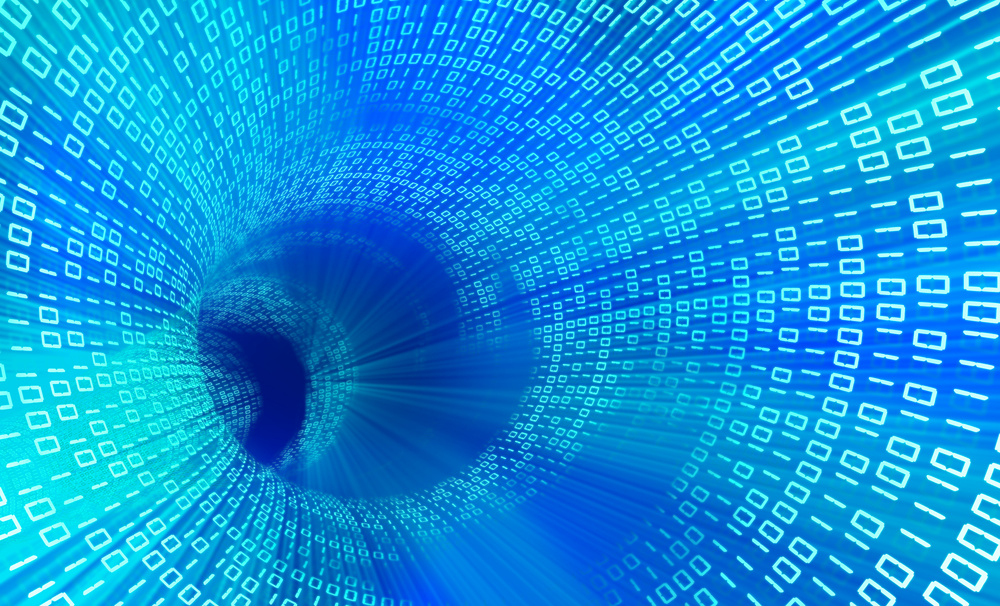 It seems to me that there's a lot of confusion surrounding the idea that
memes consist of information. To give some examples, Here's Ted Cloak,
apparently advocating a kind of behaviourist memetics:
It seems to me that there's a lot of confusion surrounding the idea that
memes consist of information. To give some examples, Here's Ted Cloak,
apparently advocating a kind of behaviourist memetics:
You may note that I don’t think memetics concerns information, or ideas, or mind, or thought, or consciousness, or language. I assert that culture, and therefore memetics, is simply about behavior. Its job is to explain why people and some infrahuman animals do certain things....and here's John Wilkins:
For some time now [1] I have had problems with the notion of information. Not, please note, with this or that piece of information, but with the notion itself, especially in the natural sciences. In this age of computers and internets, we have taken to mistaking the thing described for the thing itself, and treat information as a property out there in the world, not a representation in our heads and language.My perception is that a lot of these kinds of objection come from not knowing enough about information theory.
Anyway, perhaps a few clarifications are in order. I generally endorse and promote the standard Shannon/Weaver notion of information - that the concept of "information" makes sense in the context of an observer and it represents the aspects of a message that they don't already know.
However, many have struggled to see how to relate this sort of information to evolutionary theory - where it isn't obvious what observer we should be considering. Having a scientific quantity being observer-dependent seems to limit its usefulness. Surely there will be arguments about measurements by different observers. Scientific consensus and objectivity will surely suffer.
There are other concepts competing for the term 'information' (for example, Fisher information). Often these are not observer-dependent. Why should scientists use an observer-dependent quantity?
I think that Shannon/Weaver information provides the most popular meaning of the term "information" - and that its popularity is well deserved. As for scientific objectivity, I think the concept of a "reference observer" is useful. To avoid ambiguity, scientists can specify the observer. For example they might specify an observer that knows what A, T, G and C base pairs are - but has no knowledge of their likely sequence. They consequently assume the maximum entropy distribution - in which all sequences are equally likely.
Yes, it's possible to debate which "reference observer" is most appropriate - but in practice there are relatively few such debates. Much the same problem afflicts the notion of "complexity" - but that is still a useful concept.
Once you have an observer then the issue of what counts as information to that observer becomes simple - it's anything they don't already know. If you hypothesize a highly ignorant reference observer, then practically any possible message qualifies.
Another perspective on information comes from dimensional analysis. Many scientific quantities have attached dimensions: units of time distance, mass - and so on. Information is dimensionless. However, you can measure quantities of information - in 'bits'.
Information is what can be transmitted over the internet. It is measured in bits. Information is portable. It is substrate neutral. The same message can be transmitted in a variety of different media.
Saying that memes carry culture or that they are inherited are making fairly specific statements about what counts as a meme and what does not. Saying that memes are made of information is also a kind of constraint - but it's a kind of negative constraint, an avoidance of more constraining constraints. It conflicts with the idea that memes are necessarily neural structures, or that they behaviours or artifacts. The picture of memes as information allows memes to exist inside brains, behaviours and artifacts. Their inheritance pathway can involve a type of biological metamorphosis - as they move from one substrate to another.
Some apparently think that there's more to cultural transmission that inherited information - and thus more to cultural transmission than memes. The internet illustrates that you can learn almost anything from pure informational sources. However it is possible to point to some types of martial arts, massage techniques as being very challenging to learn over the internet. Rather that indicating some kind of non-informational cultural transmission, it seems to make more sense to me to consider this as a current limitation of our recording and playback facilities - one that is likely to be rectified in the future.
In my humble opinion, this picture of memes as inherited cultural information aligns neatly with the picture of genes as inherited information from evolutionary biology. It allows information theory to act as a common backbone for memetics and genetics. I go into this in my informational genetics article.










I would love to know more about why you think information is dimentionless.
ReplyDeleteAnd certainly if information as it mostly matters to the human is brain structure and hormone levels, then when we have those borg-like implants culling the branches and squirting those same hormones in such fashion as needed, then any idea becomes transmittable & behavior imitable.
Ed Fredkin is the best-known proponent of giving information a dimension. His 'BLT' scheme buts Bits up there with Length and Time. However, more classically, you can represent any information - and any quantity of information - as a pure number - and pure numbers are dimensionless. We do have a unit of information (the 'bit') but you won't find it in the S.I. unit scheme (for example) - it's just sometimes convenient.
ReplyDelete